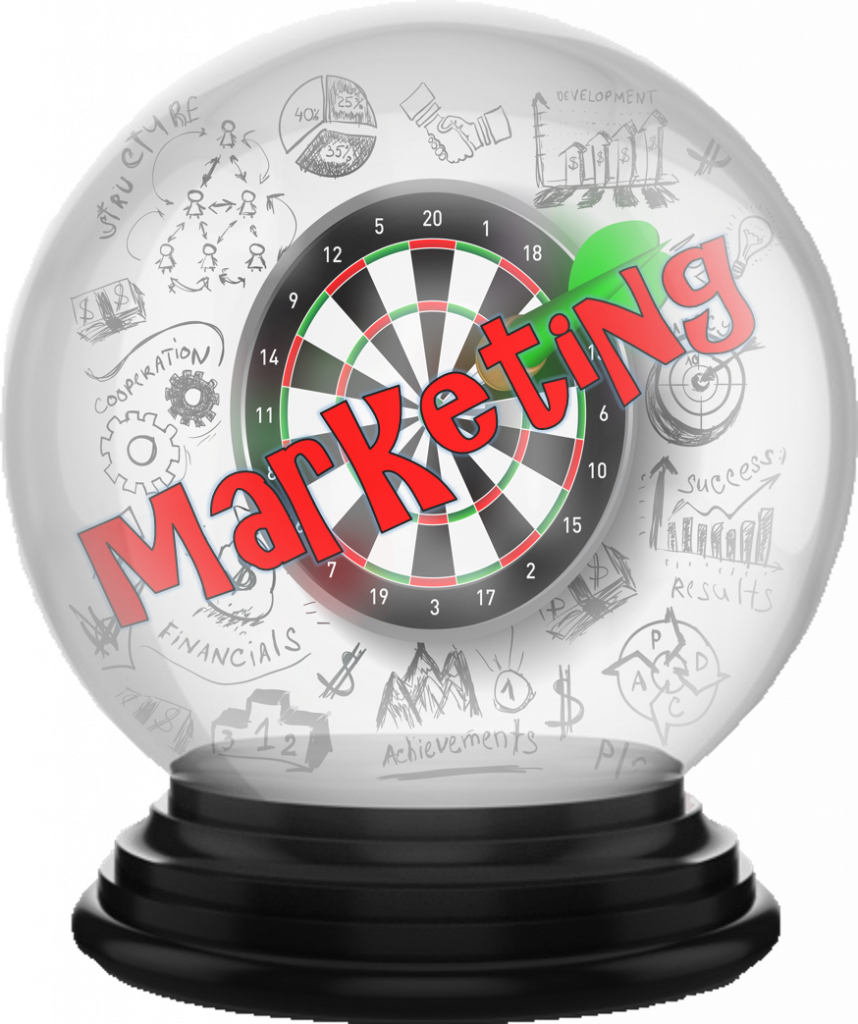John Wanamaker, the late department store magnate, once stated, “Half the money I spend on advertising is wasted. The trouble is I don’t know which half.” Marketing has changed a lot since Wanamaker uttered those words; nevertheless, marketers still struggle to find the best way to reach targeted audiences. One of the newest tools in the marketer’s kit is cognitive computing. Janna Ritzcovan Synovec, Head of Marketing & Sales Enablement at IBM Watson Advertising, provides some anecdotal evidence of how cognitive computing is beginning to change marketing. She writes, “A home improvement retailer maintained its position as a leading seller of Christmas trees, plus encouraged consumers to purchase holiday gift items. A national coffee brand got customers to go beyond their regular coffee drink order and try something new. A leading soup brand brought to life its mission to make real food that matters for ‘life’s moments’ — such as everyday events like family dinners, gatherings of friends, or tailgate parties, rather than just holidays and special occasions.”[1] Leveraging artificial intelligence (AI) is just one way marketing is changing.
Marketing Trends
1. The personalization of user experience is growing. Vivian Michaels (@MichaelsVivian) writes, “[Personalization] is the most crucial area where AI can break in and create a significant impact. A customer is the King of any business and content is king for a marketer. If he can align the content marketing strategy with artificial intelligence, it could be ground-breaking. Based on data collected such as customer searches, buying behavior and interests, customized content campaigns can be conducted. The catch is that it can be done for every single customer or prospect.”[2]
2. Digital marketing and marketing are converging. Zoe Burns-Shore, head of brand and marketing at First Direct, asserts, “More companies will start to realize digital marketing and marketing are one in the same, and the joy of all of that is seeing how everything works together, not in channel-led silos.”[3]
3. Regulations affecting marketing are diverging in the U.S. and Europe. Ginny Marvin (@GinnyMarvin) reports, “Brands that market online in the US and the EU will have to navigate those markets quite differently in 2018. In 2017, the US and EU regulatory stances diverged in several significant ways. The stark contrast was summed up succinctly in a tweet from David Lee, who reports on Silicon Valley for the BBC, on the day the FCC voted to end net neutrality. [He wrote], ‘One other thing to take from today — US internet is increasingly becoming very different from European internet. Privacy, data protection and now net neutrality.'”[4]
Marketing Predictions
1. Chatbots will become ubiquitous. Patrick Nguyen, Chief Technology Officer at [24]7.ai, predicts, “2018 will be the year when chatbots finally begin solving real customer service problems and making a significant contribution to corporate efforts aimed at digital transformation.”[5]
2. Companies will learn to leverage influence marketing. Navneet Kaushal (@navneetkaushal), founder and CEO of PageTraffic, writes, “Although Influencer Marketing is not something new, most businesses out there haven’t yet tapped into its full potential. … There are still plenty of opportunities around Influencer Marketing. People will just have to find some strategic method to go about it. Without a strategy in mind, going into Influencer Marketing is not a good idea. But with the right strategy about it, Influencer Marketing can make significant increases in any business’ sales and it can help its branding as well.”[6]
3. Use of video will continue to grow. George Beall (@GeorgePBeall) writes, “More and more content strategists are focusing on video content rather than pictures for brand marketing. Expert marketers have found that effectively engaging their target audience is much easier through video.”[7]
4. Better customer targeting. Kaushal writes, “[Targeting] broad and non-precise audiences [is] almost useless now (as opposed to a few years ago). And the main quest of any savvy digital marketer nowadays is to reach the specific and precise audiences out there. They are beginning to get harder to find and this makes an emphasis on audience targeting a MUST in the year to come.”
5. Real-time customer interactions. Aedamar Howlett, marketing director at Coca-Cola Great Britain, asserts, “We will evolve the ways we communicate and engage our consumers. The trend for instant, real-time conversations and connections with brands will continue.”[8]
6. Predictive marketing. Michaels writes, “Each time a user browses on the internet; new data is generated and collected for AI analysis. This data can reveal information such as user needs, behaviors, and future actions. Based on this information, marketing can be optimized to supply the most relevant information. … This further reduces the sales-cycle as the relevant information is handed over to customers on a silver plate. These ‘predictive’ campaigns can significantly reduce customer research on the product and makes decision making easier.”
7. Dynamic ads. Kaushal writes, “Dynamic ads have just begun being popular in the e-commerce industry a few months ago. And they are yet to grow. They are possibly the best way to have your message perfectly tailored specifically to the user seeing the ad. And we predict that Dynamic Ads are going to become the norm for targeted digital marketing. Marketers are going to mesh the search intent signals with the dynamic social advertising. This will allow them to successfully micro-target their audience and create meaningful audience segments.”
8. Modular Marketing. Scott Levine, Senior Vice President for Marketing Strategy at KERN, predicts, “Rather than building nearly identical campaigns, marketers will move to a central ‘living’ framework for Modular Marketing, replacing themes, offers and messages within the framework. As marketing technology traverses the adoption curve, the evolution of Modular Marketing will continue, enabling organizations to optimize contact plans or broad awareness directives with replaceable modular themes, offers, messages, and technologically shiny new objects such as AI, AR & VR.”[9]
Summary
Marketing is changing with the times. Digital technologies are not only providing marketers with more and better tools, they are changing consumer behavior as well. That means marketers have to discover where consumers are spending their time, how they are using their digital devices, what they want to know, and when the right time is to reach out to them. Technologies, like cognitive computing, can help marketers answer all of those questions.
Footnotes
[1] Janna Ritzcovan Synovec, “AI: Unlocking a Sixth Sense for Brands,” Ad Age, 14 December 2017.
[2] Vivian Michaels, “How Will Artificial Intelligence Impact Digital Marketing in 2018?” The Next Web, 20 December 2017.
[3] Lucy Tesseras, “What’s in store for 2018? Marketers share their predictions,” Marketing Week, 21 December 2018.
[4] Ginny Marvin, “Digital advertising in 2018: 5 trends to watch,” Marketing Land, 19 December 2017.
[5] Patrick Nguyen, “2018 will be the year of the chatbot,” Information Management, 21 December 2017.
[6] Navneet Kaushal, “Top 5 Digital Marketing Predictions for 2018,” Business 2 Community, 18 December 2017.
[7] George Beall, “7 Social Media Marketing Trends That Will Dominate 2018,” Business 2 Community, 19 December 2017.
[8] Tesseras, op. cit.
[9] Kimberly A. Whitler, “2018 Marketing Predictions From The C-Suite,” Forbes, 1 November 2017.





